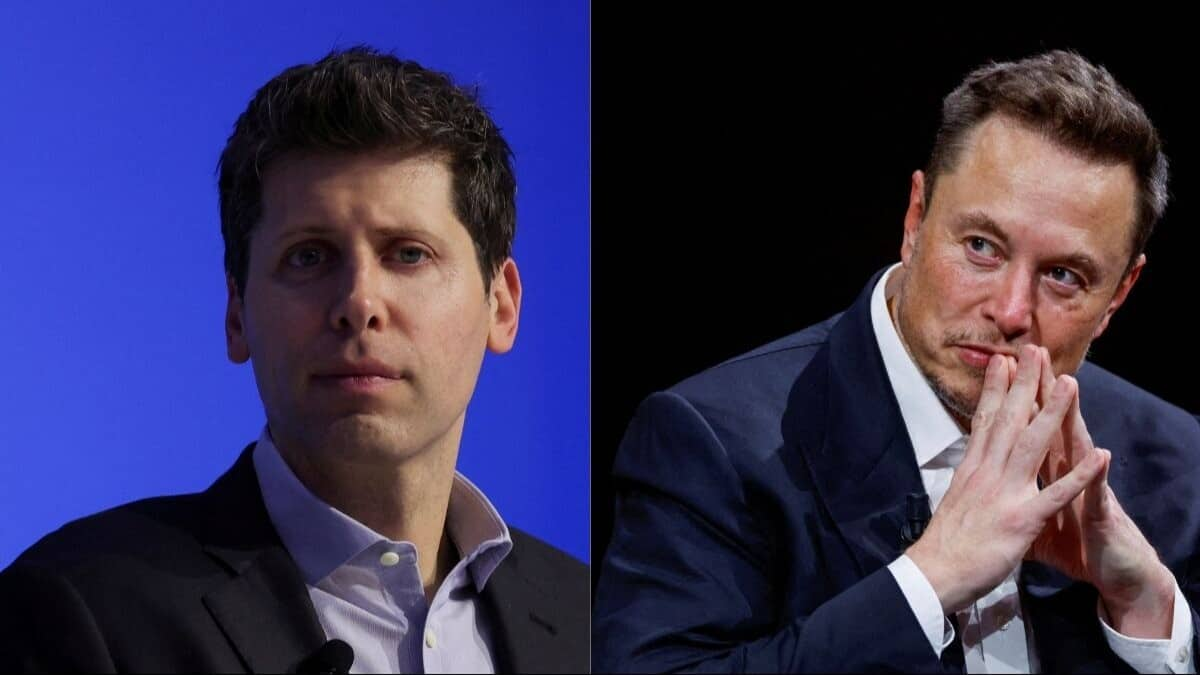
Why Musk doesn't want OpenAI to become a for-profit company
What's the story
Elon Musk has filed a fresh motion in his ongoing lawsuit against OpenAI, TechCrunch reported.
The motion wants a preliminary injunction to stop OpenAI from turning into a for-profit entity. It also calls on the court to stop the firm from continuing alleged practices violating US antitrust laws.
The legal move comes after reports of OpenAI's plans to turn into a profit-oriented business, and its recent talks with regulators over this structural change.
Financial implications
Musk's attorneys raise concerns over OpenAI's financial capacity
Musk's legal team has raised concerns about OpenAI CEO Sam Altman's alleged self-dealing, suggesting it could leave the company financially strained.
They argue that due to this, OpenAI "will likely lack sufficient funds to pay damages" if Musk emerges victorious in the lawsuit.
This concern underscores the potential financial implications of the ongoing legal dispute between Musk and OpenAI.
Antitrust claims
Allegations of antitrust violations and investor manipulation
Additionally, the legal team alleges that OpenAI and Microsoft violated the Sherman Act by discouraging investors from funding their competitors.
They claim Musk has confirmed at least one major investor, who had previously contributed to an xAI funding round, has since refused to invest in xAI due to this alleged manipulation.
Unfair advantage
OpenAI accused of gaining unfair competitive advantage
Musk's attorneys also allege that OpenAI has unfairly acquired competitively sensitive information through its ties with Microsoft, in violation of the Clayton Act.
They claim that Microsoft got its board seat at OpenAI specifically to align business decisions with the company.
In response to the allegations, OpenAI spokesperson Hannah Wong said, "Elon's fourth attempt, which again recycles the same baseless complaints, continues to be utterly without merit."